13 unexpected facts about kissing
Categories: Health and Medicine
By Pictolic https://pictolic.com/article/13-unexpected-facts-about-kissing.html6 July is world kiss day, which first appeared in the UK. A couple of decades ago, it was approved by the United Nations. In many cities this day are various competitions kisses, participants have the chance to win various prizes and gifts.
Did you know that the majority of philematology — scientists studying the physiology and psychology of kissing — agree: kiss helpful? Kiss as an important element of a romantic relationship exists in many cultures. On average, each person spends about 336 hours of his life on kissing.
This marvelous holiday, we decided to prepare a selection of informative facts about kissing.
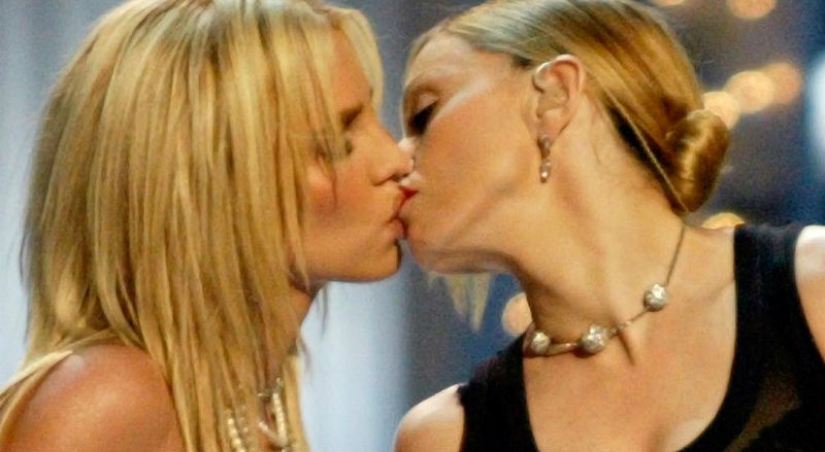
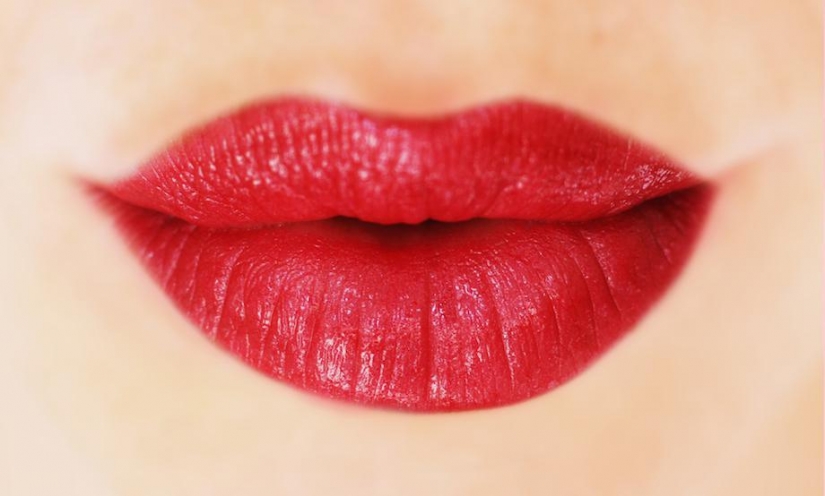
1. Most people have memories of a first kiss more vividly than on the first sex.

2. From a biological point of view kiss is the most complete information exchange with the other person. The smell, the taste is the chemical channels of communication that on a subconscious level saying if we partner.

3. Kissing prolong life. According to a study conducted in the 80-ies of the last century, men who kiss their wives before leaving for work, rarely get into accidents and have higher income than those who do not.
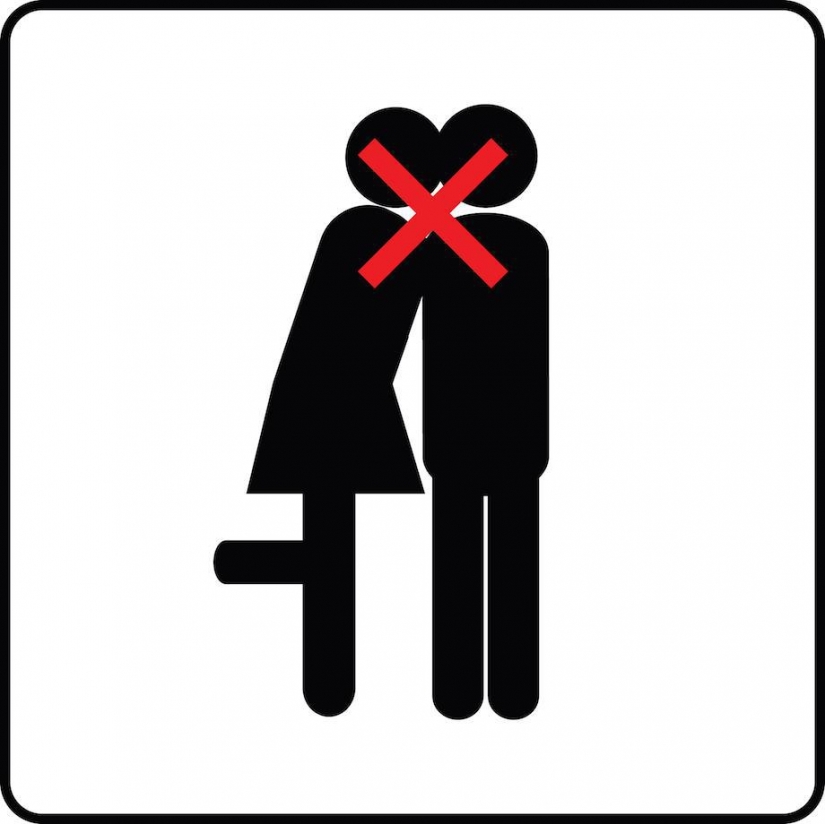
4. In Asia, Africa and South America there are communities in which kisses are not accepted. And in some States of America kissing in public places even banned.

5. Philemaphobia — an irrational fear of kissing.

6. Kissing strengthen the immune system. When you kiss people exchange bacteria. A fifth of individual bacteria, and new micro-organisms activate the immune system and increase the protective properties of the organism.
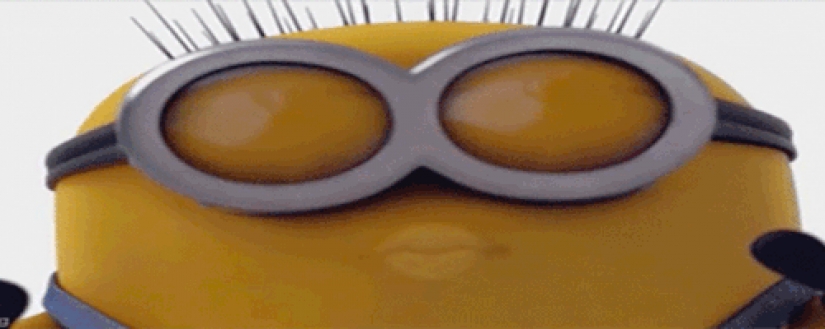

8. Two-thirds of people slightly tilted his head to the right when kissing. A head tilt to the right when kissing is one of the earliest examples of behavioural asymmetry and is the same sign as the preference of the right hand, ear or eye if you squint.
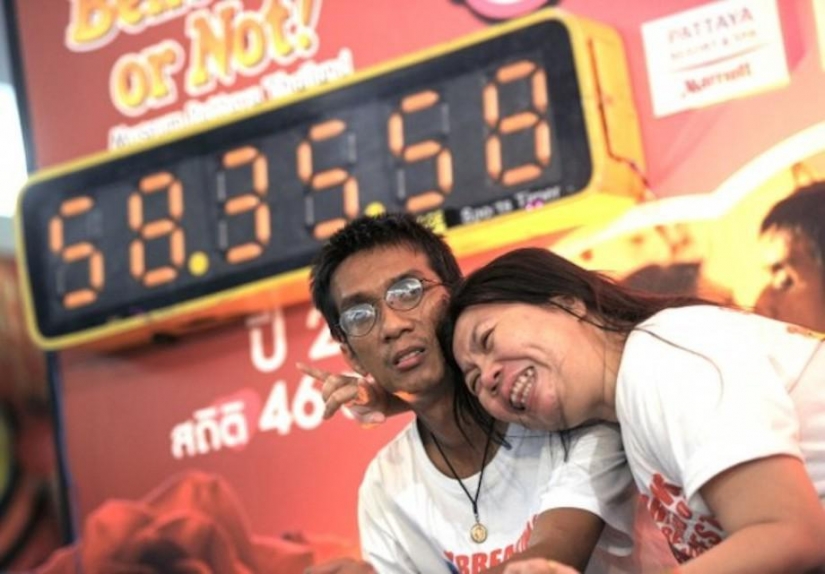
9. The world record for the longest kiss belongs to a couple from Thailand — Accace and Lakshana of Tiranachat. In 2013, the pair merged in a kiss at 58 hours, 35 minutes and 58 seconds.

10. During a kiss involved about 146 facial muscles. Such a kind of gymnastics for the face, prevents the formation of wrinkles. A one minute kiss burns 26 calories.
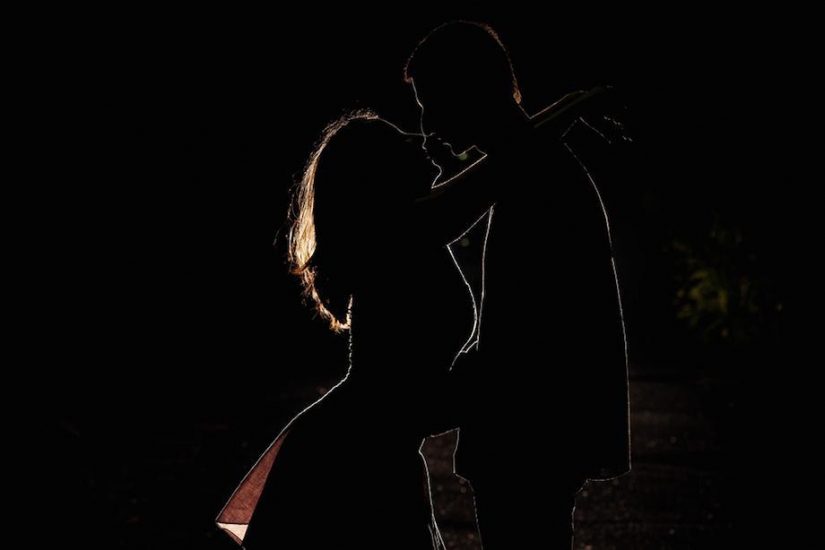
11. Scientists have established that our brains have special neurons that help us to find the lips of a loved one in the dark.
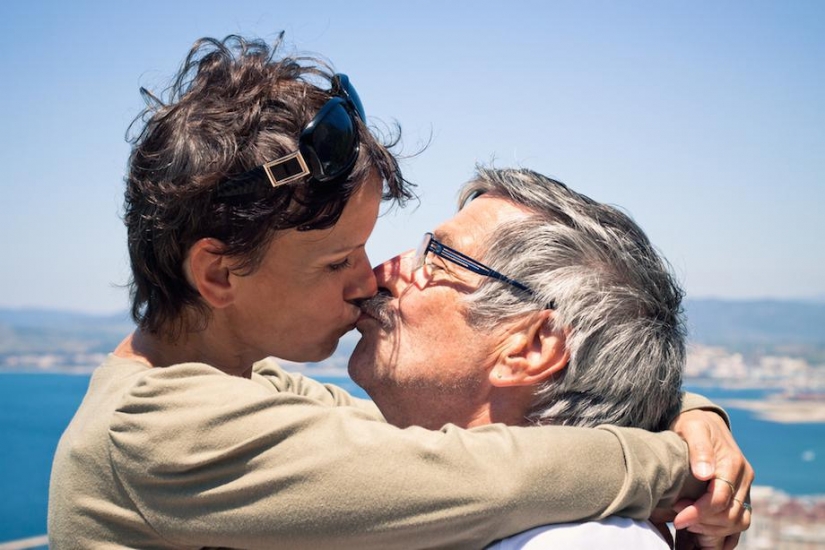
12. While kissing are the same neurotransmitters (chemical transmitters of impulses between nerve cells), and with enhanced physical exertion or cocaine. The heart begins to beat faster, breathing quickens.

13. Kiss tones the body and at the same time relieves tension, stress hormone levels (cortisol) decreases. In the brain produces endorphins — endogenous opioids: they trigger a feeling of joy and at the same time relieve the pain.
Keywords: Use kiss facts
Post News ArticleRecent articles

It's high time to admit that this whole hipster idea has gone too far. The concept has become so popular that even restaurants have ...

There is a perception that people only use 10% of their brain potential. But the heroes of our review, apparently, found a way to ...

New Year's is a time to surprise and delight loved ones not only with gifts but also with a unique presentation of the holiday ...